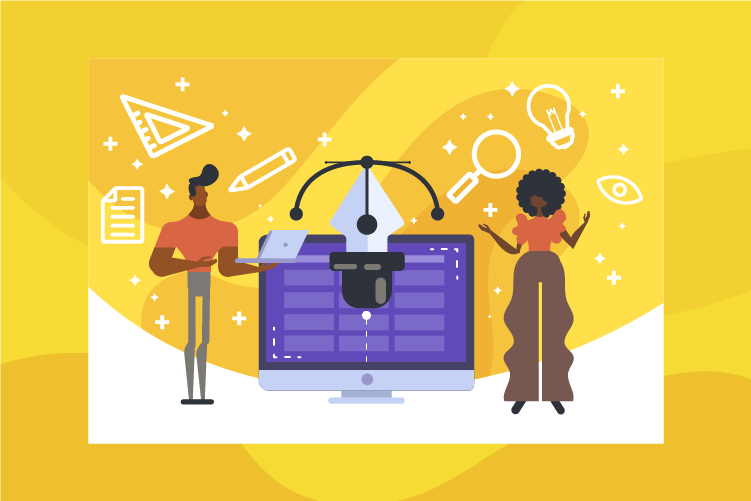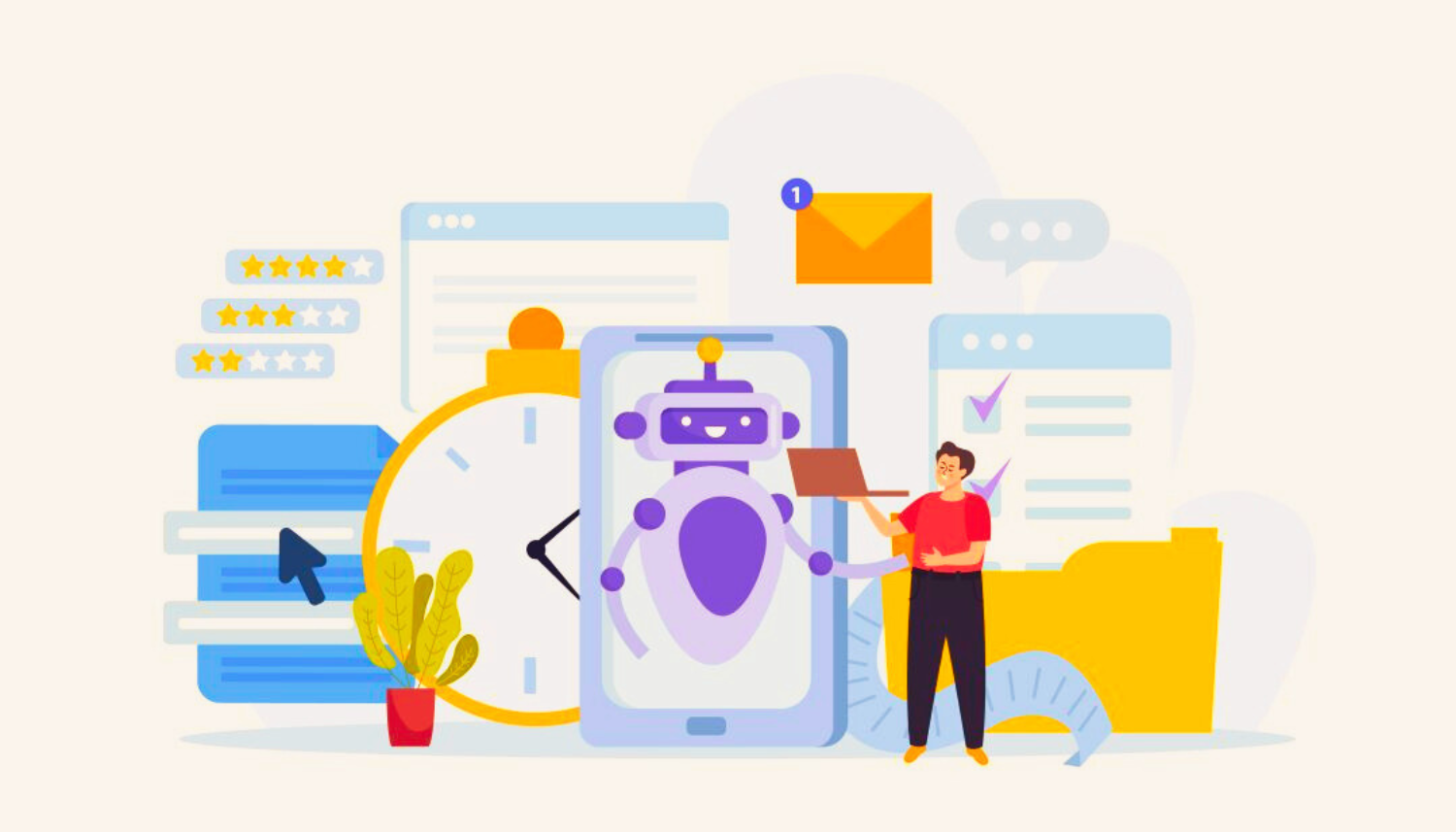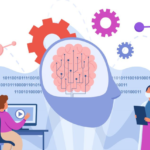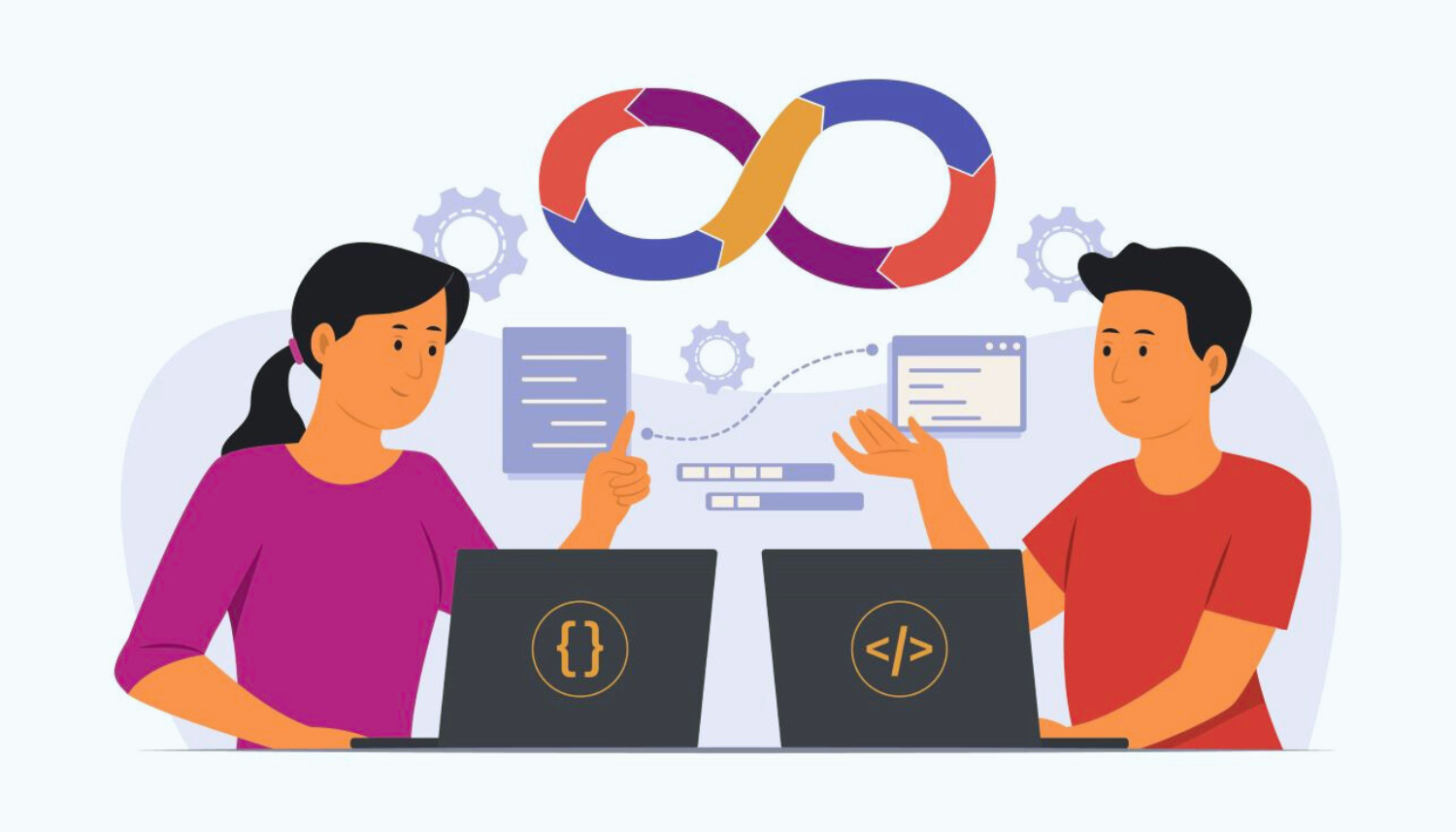The world of software testing is evolving rapidly, and at
the forefront of this transformation is artificial intelligence (AI). Machine
learning, a subset of AI, is revolutionizing how we approach software testing,
bringing new levels of efficiency, accuracy, and innovation to the field. In
this post, we’ll explore how AI and machine learning are reshaping software
testing and what this means for the future.
The Role of AI in Software Testing
AI and machine learning are not just buzzwords; they represent significant advancements in technology that are enhancing various aspects of software testing. Here’s how AI is making a difference:
1) Automated Test Case Generation Traditionally, creating and maintaining test cases is a time-consuming and labor-intensive process. AI can now automate test case generation by analyzing code and user behavior patterns. This not only speeds up the testing process but also ensures that test cases are more comprehensive and aligned with actual usage scenarios.
2) Intelligent Test Execution Machine learning algorithms can optimize test execution by prioritizing test cases based on their likelihood of detecting defects. This approach, known as test prioritization, ensures that the most critical tests are run first, improving the efficiency of the testing process and reducing the time required to identify issues.
3) Defect Prediction and Analysis AI can predict potential defects by analyzing historical data and identifying patterns that may indicate future issues. Machine learning models can also classify and analyze defects, helping teams understand the root causes and take preventive measures. This proactive approach to defect management enhances software quality and reduces the likelihood of critical bugs.
4) Test Coverage Improvement Ensuring comprehensive test coverage is a challenge for many testing teams. AI-powered tools can analyze code changes and identify areas that require additional testing, helping teams achieve better coverage and reduce the risk of undetected issues.
5) Enhanced Test Maintenance Maintaining test scripts can be a daunting task, especially when code changes frequently. AI can assist in test maintenance by automatically updating test scripts to reflect code changes, reducing the manual effort required and ensuring that tests remain relevant and effective.
6) Anomaly Detection Machine learning algorithms can detect anomalies in test results that may indicate potential issues. By analyzing patterns and deviations in test data, AI can help identify unexpected behavior that might not be captured by traditional testing methods.
Benefits of AI in Software Testing
The integration of AI and machine learning into software testing offers several key benefits:
1) Increased Efficiency: AI can automate repetitive and time-consuming tasks, allowing testing teams to focus on more complex and strategic activities.
2) Improved Accuracy: Machine learning models can reduce human error and provide more accurate predictions and analyses, leading to higher quality software.
3) Faster Time-to-Market: By streamlining testing processes and identifying issues more quickly, AI helps accelerate the development cycle and shorten time-to-market.
4) Cost Savings: Automation and improved efficiency lead to cost savings by reducing the need for extensive manual testing and minimizing the risk of costly defects.
Challenges and Considerations
While AI offers numerous advantages, there are also challenges to consider:
1) Data Quality: AI models rely on high-quality data to make accurate predictions. Ensuring that test data is comprehensive and representative is crucial for the effectiveness of AI-driven testing.
2) Integration: Integrating AI tools into existing testing workflows and environments can be complex and may require adjustments to processes and tools.
3) Skill Requirements: Leveraging AI in testing may require new skills and expertise, including knowledge of machine learning algorithms and data analysis techniques.
The Future of AI in Software Testing
As AI technology continues to advance, its role in software
testing is expected to grow. We can anticipate more sophisticated AI-driven
tools and techniques that further enhance testing efficiency, accuracy, and
coverage. The future of software testing will likely see increased
collaboration between human testers and AI systems, combining the strengths of
both to achieve optimal results.












